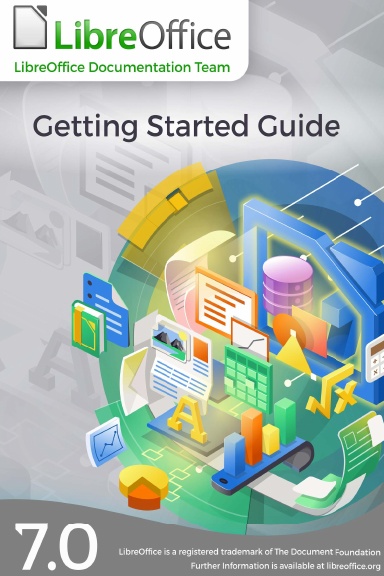LibreOffice 7.4 released
The release was announced today of LibreOffice 7.4 Community, the latest version of the free and open source office suite. It is available immediately for download for Linux, MacOS (Apple Silicon and Intel processors) and Windows.

The new release comes packed with many new features and improvements.
GENERAL
- Support for WebP images and EMZ/WMZ files
- Help pages for the ScriptForge scripting library
- Search field for the Extension Manager
- Performance and compatibility improvements
Writer (Word processor)
- Better change tracking in the footnote area
- Edited lists show original numbers in change tracking
- New typographic settings for hyphenation
Calc (spreadsheets)
- Support for 16,384 columns in spreadsheets
- Extra functions in drop-down AutoSum widget
- New menu item to search for sheet names
Impress (Presentations)
- New support for document themes
The new features are summarised in the following video.
LibreOffice 7.4 provides a large number of improvements and new features targeted at users sharing documents with MS Office or migrating from MS Office: such users should check regularly for new LibreOffice releases since the development progress is so fast, that each new version offers dramatic improvements compared with its predecessor.
LibreOffice provides the highest level of compatibility within the office suite market segment, with native support for the OpenDocument Format (ODF) – beating proprietary formats for security and robustness – to superior support for MS Office files, to filters for a large number of legacy document formats, thus returning ownership and control to users.
LibreOffice for Business
For business deployments, TDF strongly recommends approaching the LibreOffice Enterprise family of applications from its partners – for desktop, mobile and cloud – with a large number of dedicated value-added features and other benefits such as SLAs; see the dedicated business page for details.
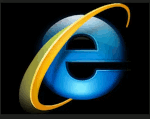 Two days ago (and not before time. Ed.)
Two days ago (and not before time. Ed.) 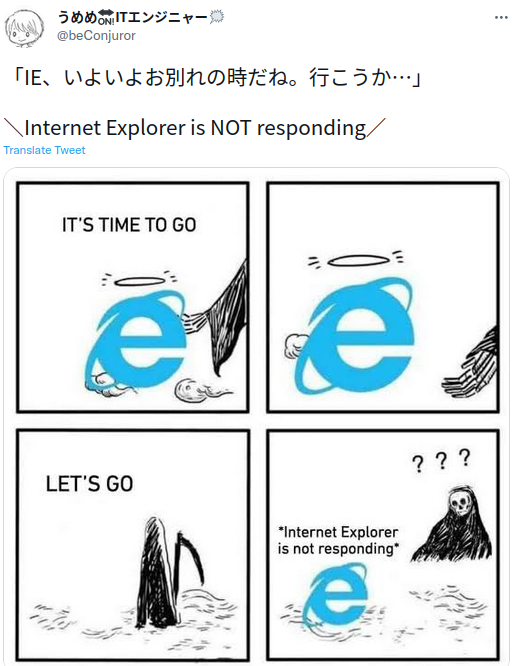
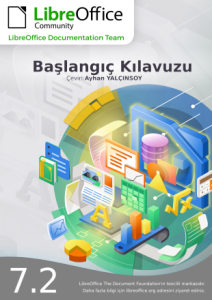

 Klingon is of course well known to lovers of the US science fiction Star Trek media franchise created by Gene Roddenberry as the language of the alien race of the same name and created by US linguist
Klingon is of course well known to lovers of the US science fiction Star Trek media franchise created by Gene Roddenberry as the language of the alien race of the same name and created by US linguist 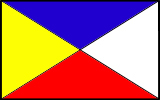 Interslavic is a pan-Slavic auxiliary language whose purpose is to facilitate communication between people from different Slavic nations, as well as allowing those who do not know any Slavic language to communicate with Slavs by being understandable to most, if not all Slavic speakers without them having to learn the language themselves.
Interslavic is a pan-Slavic auxiliary language whose purpose is to facilitate communication between people from different Slavic nations, as well as allowing those who do not know any Slavic language to communicate with Slavs by being understandable to most, if not all Slavic speakers without them having to learn the language themselves. This year’s LibreOffice Conference will open at noon CEST on 23rd September and will conclude at 5:30p.m. CEST on 25th September.
This year’s LibreOffice Conference will open at noon CEST on 23rd September and will conclude at 5:30p.m. CEST on 25th September. Way back in 2001, the prescient souls who established the Free Software Foundation Europe foresaw that people should be in control of technology and not vice versa.
Way back in 2001, the prescient souls who established the Free Software Foundation Europe foresaw that people should be in control of technology and not vice versa.

